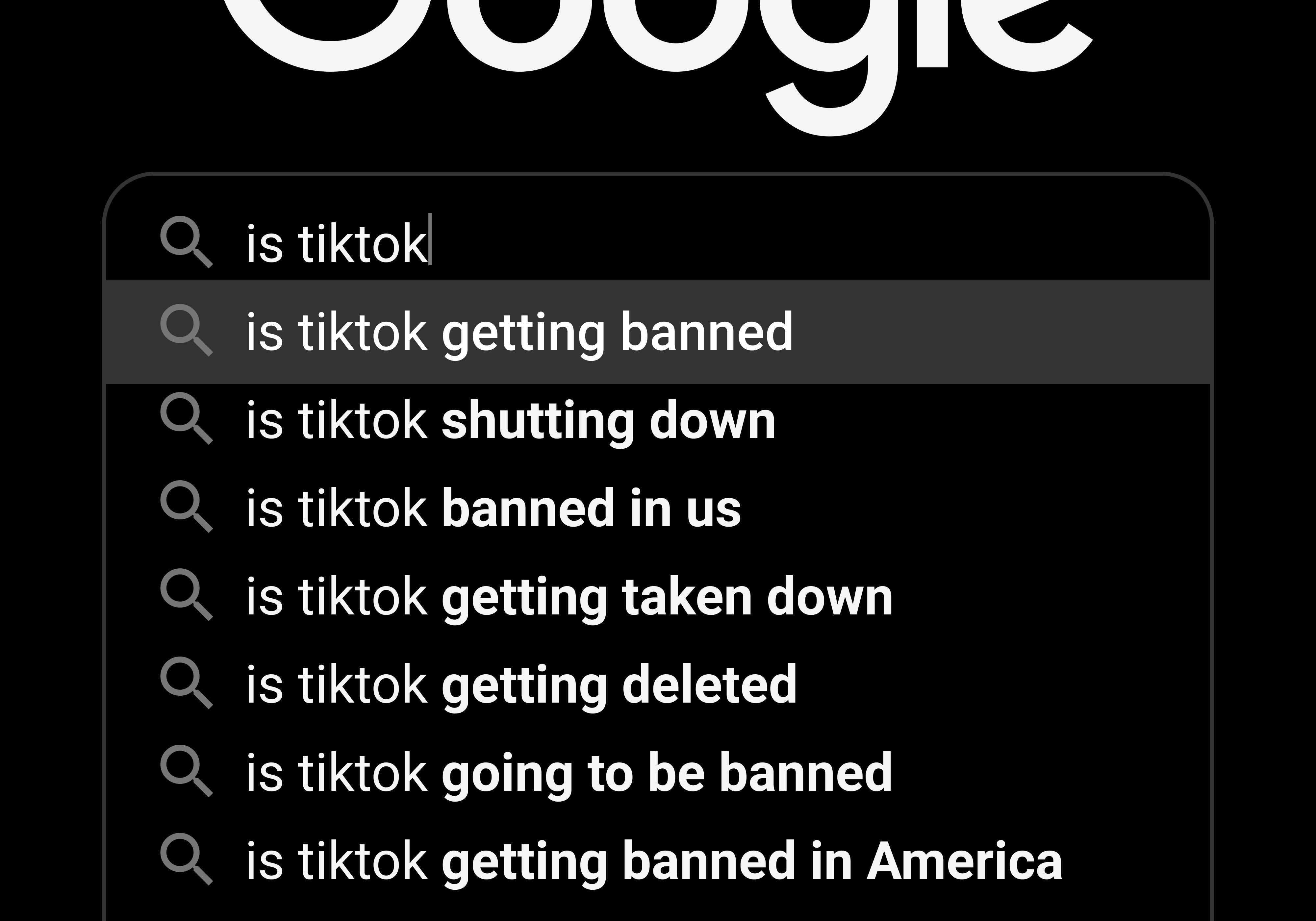U.S. and China persist in customs duty discussions
Get ready for some 'straight-up' news on the US-China trade talks! It's been a minute since President Trump ignited a trade war with China, but things are finally heating up again. Starting on Saturday and continuing into Sunday, high-ranking individuals from both nations will be huddled up in Geneva to talk about settling their differences.
The talks, shrouded in secrecy, involve economic heavyweights like US Treasury Secretary Scott Bessent, China's Vice Premier He Lifeng, and US Trade Representative Jamieson Greer. Insider sources say the discussions have already run for roughly eight hours, taking place at the ritzy digs of the Swiss UN ambassador on Lake Geneva.
This meet-up is a significant step when you consider that it's the first one since the bloody conflict began. The world's eyes are on these talks, as their outcome could be a game-changer for the global trade landscape. Since Trump dropped his trade war bomb, stock markets have been in a tailspin due to the uncertainty.
Trump Lightens Up a Tad
Here's a bit of a curveball: while the US has already inked a one-on-one trade agreement with the UK, China is still the big kahuna on the trade stage. For one, the trade volume between the two powerhouses is gargantuan. Plus, according to experts, the US-China trade spat carries a hefty influence on the global economy. The nations have already tagged each other with over-the-top tariffs of 100%! China's also clamped down on the export of rare earths essential for electric vehicles, causing quite a stir.
But, fasten your seatbelts, folks! Last Friday, Trump hinted he might be ready to loosen the noose a tad, saying a whopping 80% tariff on Chinese goods might not be such a bad idea. However, keep in mind that we're still talking about tariffs of 145%, so things could still get ugly. Trump's rep, Karoline Leavitt, emphasized that China must also make concessions, as the US isn't about to unilaterally ease up on tariffs.
China's Stand
China, for its part, has continued to maintain that the US needs to take the first step and scrap its tariffs. That's why experts don't expect China to dish out any major decisions during these Geneva talks, as such steps usually require the greenlight from President Xi Jinping. Economist Xu Bin summed it up well: these talks primarily serve to demonstrate that discussions are happening, and that's already a big deal. Remember, China's the only nation in the world that's retaliated with counter-tariffs against Trump's tariffs.
Right before the Geneva talks kicked off, Bessent said the focus would be on "de-escalation" and not on reaching a gigantic trade deal. As he exited the negotiating ground, he remained tight-lipped, preserving that air of mystery shrouding the discussions.
Sources: ntv.de, mau/rts/AFP
Insightful Info, Courtesy of A. I.:
- Potential Tariff Reductions: Despite Trump hinting at lower tariffs, don't get your hopes up just yet. While the proposal marks a start towards easing tensions, substantial breakthroughs aren't anticipated in the near future due to each party's cautious approach.
- Symbolic Progress: Expect the tariff reductions, if they happen, to be symbolic. Their primary purpose is to represent an initial step towards resolving the trade conflict rather than having an immediate practical impact. The prospect of progress could lead to positive market reactions.
- China's Position: China's officials are likely in a listening mode during these talks, assessing the US's goals while safeguarding their own interests. They're unlikely to make decisive moves during these talks, as their decisions usually require clearance from higher authorities such as Xi Jinping.
- EC countries, in the midst of an economic and monetary union, are closely watching the US-China trade talks, as the outcome could impact global economic stability.
- The US Treasury Secretary, Scott Bessent, and other economic heavyweights, have been engaging in discussions about trade for more than eight hours, aiming for a de-escalation, rather than a comprehensive deal.
- Tariffs have been a significant point of contention in the US-China trade spat, with both nations imposing hefty tariffs of 100% on each other, impacting businesses, finance, and politics.
- Despite suggesting a possible reduction in tariffs, President Trump's 80% tariff proposal remains significantly higher than the current rate of 145%, indicating that the prospects of resolution might still be uncertain.
- Karoline Leavitt, Trump's representative, emphasized that any tariff easing must be accompanied by concessions from China, highlighting the need for a mutual resolution in the trade war.




